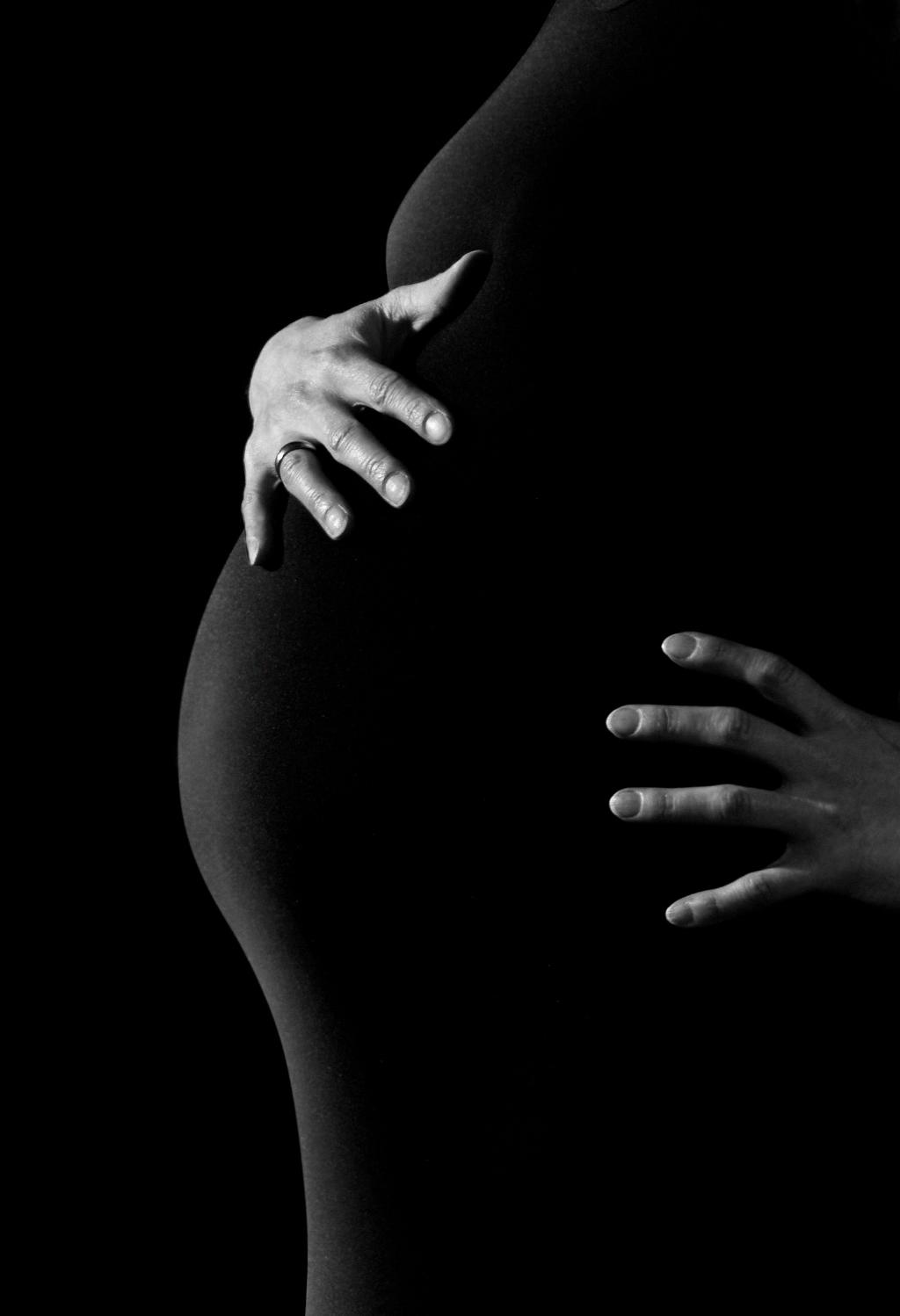When it comes to the question of whether a baby can survive eclampsia, it’s crucial to delve into the complexities of this condition and its potential effects on both the mother and the baby. Eclampsia is a serious and life-threatening complication that can occur during pregnancy, characterized by high blood pressure and the presence of protein in the urine.
The Importance of Timely Treatment
One of the key factors in determining the outcome for both the mother and the baby in cases of eclampsia is the timely initiation of treatment. Without prompt intervention, eclampsia can lead to severe complications for the mother, including seizures, organ damage, and even death. However, with proper medical care and monitoring, many women with eclampsia go on to deliver healthy babies.
Risks to the Baby
While most women with preeclampsia, the precursor to eclampsia, go on to have healthy babies, there are still risks involved when eclampsia develops. Untreated eclampsia can result in inadequate blood flow to the placenta, potentially leading to growth restrictions, premature birth, or even stillbirth. These risks underscore the importance of closely monitoring both the mother and the baby in cases of eclampsia.
Medical Interventions
When eclampsia is diagnosed, medical interventions are necessary to manage the condition and protect both the mother and the baby. These interventions may include medications to lower blood pressure, prevent seizures, and promote fetal lung development in case of premature birth. In severe cases, early delivery of the baby may be necessary to protect the health of both the mother and the child.
The Role of Prenatal Care
Prenatal care plays a crucial role in the early detection and management of conditions like preeclampsia and eclampsia. Regular prenatal visits allow healthcare providers to monitor blood pressure, urine protein levels, and other factors that can indicate the development of these complications. Early detection and intervention are key to improving outcomes for both the mother and the baby.
Survival Rates
Despite the serious nature of eclampsia, the survival rates for babies born to mothers with this condition have significantly improved with advances in medical care. With prompt diagnosis, timely treatment, and appropriate interventions, many babies are able to survive and thrive even in cases of severe eclampsia.
Long-Term Effects
While survival is a critical outcome, it’s also important to consider the potential long-term effects of eclampsia on babies. Premature birth, low birth weight, and other complications associated with eclampsia may increase the risk of developmental delays, learning disabilities, and other health issues in the child’s later years. Close monitoring and follow-up care are essential to address any potential challenges that may arise.
Emotional Impact
Dealing with a diagnosis of eclampsia can be emotionally challenging for both the mother and her family. The uncertainty and fear surrounding the health of the baby, coupled with the physical demands of treatment, can take a toll on mental well-being. It’s important for women facing eclampsia to seek support from healthcare providers, family, and friends to navigate this difficult experience.
Conclusion
In conclusion, while eclampsia poses risks to both the mother and the baby, prompt diagnosis, timely treatment, and proper medical care can significantly improve the chances of survival for babies born to mothers with this condition. Regular prenatal care, monitoring, and early intervention are essential in protecting the health and well-being of both the mother and the child. By staying informed and working closely with healthcare providers, women can increase the likelihood of positive outcomes in cases of eclampsia.

